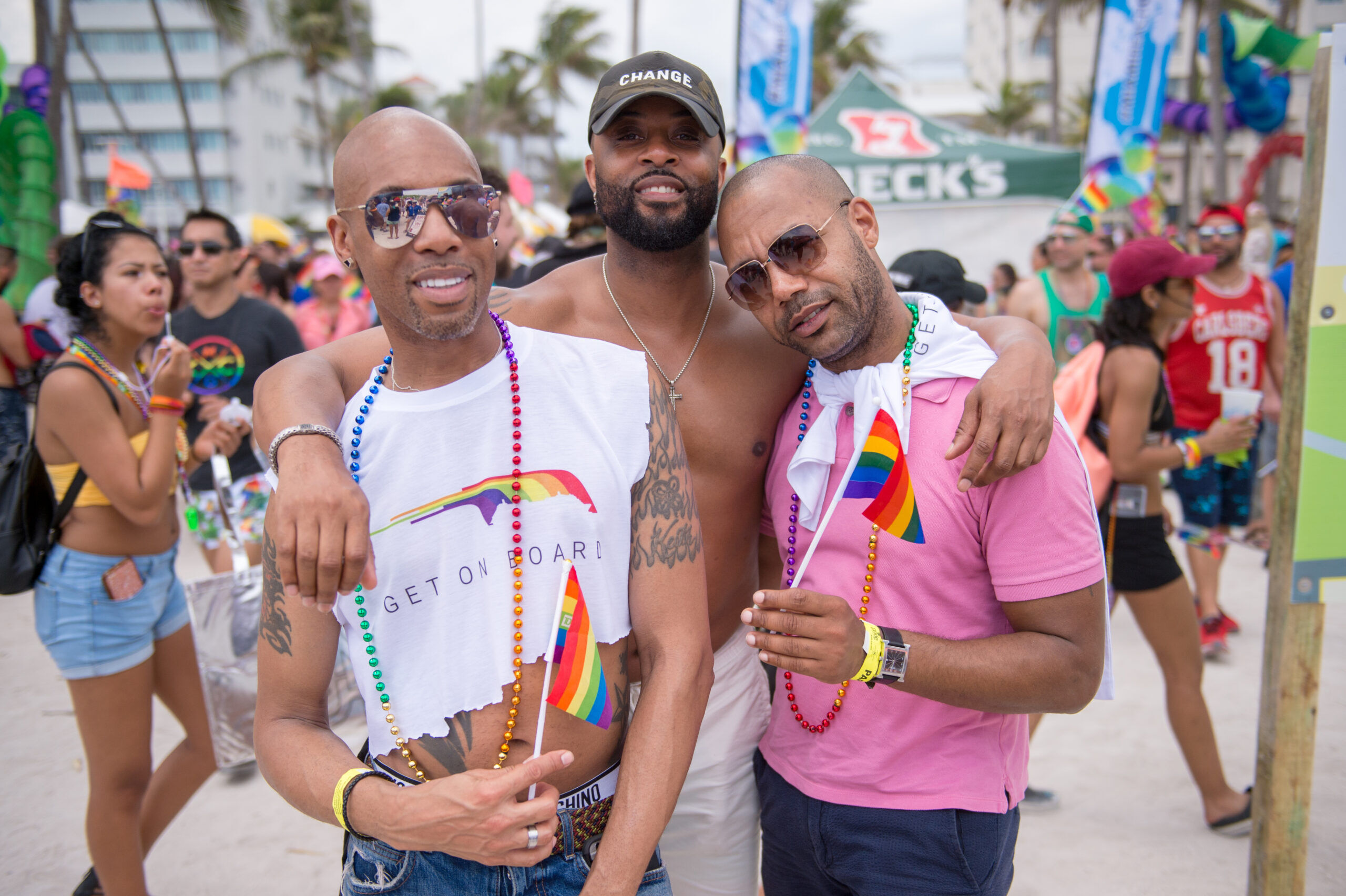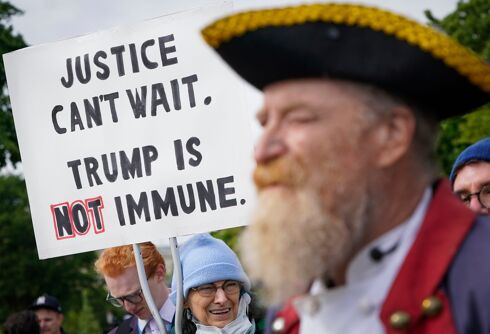It was 2015 the first time I attended the Juneteenth celebration in Atlanta, which has officially recognized the holiday for ten years. I can still smell the incense in the air. I can still feel the energy of the children dancing and my elation over connecting with folks about diasporic fashion. I see so clearly all the people planting trees, and I still feel so deeply their hope for the future.
Because I have it, too.
Related:
What is Juneteenth & why is everyone talking about it?
Juneteenth isn’t just an obscure black holiday. It should be an American celebration.
It may not feel like an easy time to hold onto something like hope. After all, how can we celebrate freedom when millions of Americans do not have reproductive rights or equitable voting access or the ability to obtain medical care that can help them feel at home in their own bodies? How can we celebrate freedom when getting pulled over feels like a death sentence, and so does going to parades and grocery stores and nightclubs and high school?
Dive deeper every day
Join our newsletter for thought-provoking commentary that goes beyond the surface of LGBTQ+ issues
But for Black folks, joy tends to find itself intersecting with difficult moments in history. I always enjoy visiting the “well-dressed protestor” exhibit at Atlanta’s National Center for Civil and Human Rights because it captures the essence of reclaiming presentation and perception in political times.
I always try to remember that joy is a protest, that when the goal of those in power is to extinguish our light, celebration is dissent. It’s okay to celebrate Black Pride and LGBTQ+ Pride in the face of all this madness. Otherwise, we give them exactly what they want.
Celebrating, of course, means different things to different people. For some, it means a flamboyant parade. For others, it’s a queer movie marathon. For others, still, it means visiting their representatives and advocating for change. The season is about all of these things. We need them all for progress to take place.
Juneteenth and Pride Month are calls to action. Celebrating means fighting for equity, and not just equality. It means working to become accomplices and not just allies.
Equality is not far-reaching enough; it’s not culturally humble enough. Equality burdens the marginalized and is ignorant of the laboring individuals involved. Equity, on the other hand, requires those in privileged groups and positions of power to do something. When I make speeches to allies looking to commit to reproductive justice, I often tell them to flex their equity muscles – flex as in pump and work, not flaunt.
A bill I spearheaded and recently passed will overturn a policy in Atlanta that hindered educators from running for the city’s Public School Board. Now, educators who live and work in the community will have a voice where it matters most. Working toward a more representative democracy is how I celebrate.
So start flexing that equity muscle and ask yourself, what does my celebration look like?

















